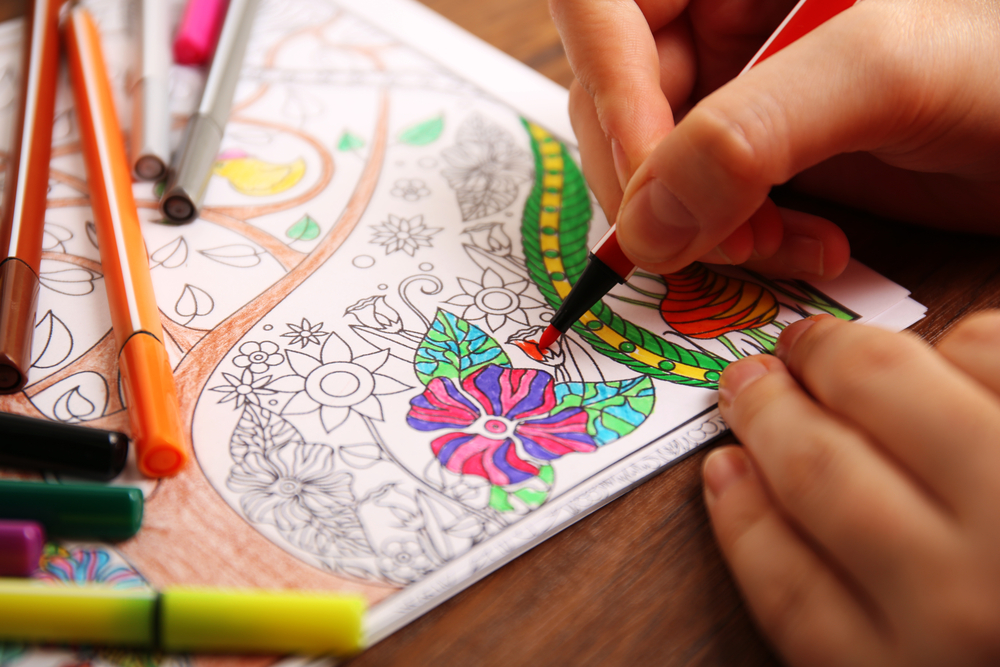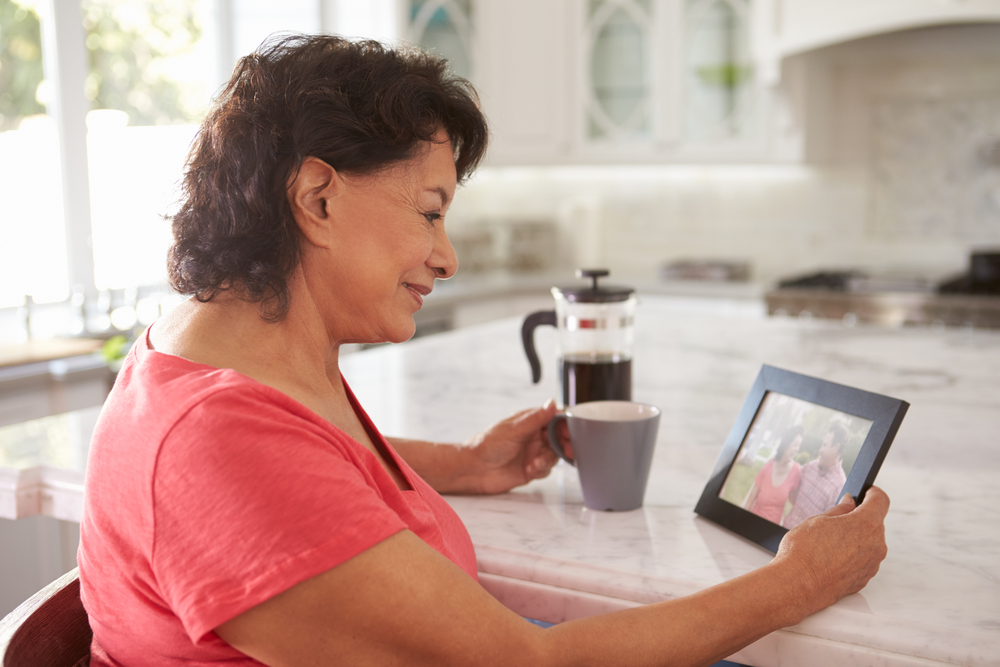Alzheimer’s Australia’s newly appointed CEO Marie McCabe has voiced concerns about social isolation. In a recent interview she suggested that social isolation has not been sufficiently addressed for Alzheimer’s and dementia sufferers and should be a focus.
Unfortunately for many Alzheimer’s and dementia suffers social isolation is not uncommon and can actually exacerbate symptoms.
A recent survey conduced by Alzheimer’s Australia discovered that more than half of the participants felt that people avoided spending time with them because of their diagnosis.
More than one third said they wished they had more social contact and more than half said the fear of becoming lost stops them from going out and enjoying activities.
If you have a loved one, friend or relative suffering from dementia or Alzheimer’s seeing them suffer can be difficult, and at times frustrating.
Social isolation is a concern for Alzheimer sufferers. Below are a number of wonderful activities that can help make them feel connected and loved.
1. Listen to music
Listening to music is a simple task but can often bring so much joy. Try to pick songs from their era or ones you know they enjoy.
A 2015 study conducted by the Anglia Ruskin University discovered that music therapy helped improve dementia symptoms and general wellbeing of dementia sufferers.
Listening to music requires no talking or physical exertion, unless you feel the need to dance along. Just sit back in a comfy chair, maybe with a nice cup of tea, and listen to some tunes.
2. Colour pictures
Colouring in isn’t just for kids, it can offer wonderful sensory benefits for Alzheimer’s and dementia sufferers and be a therapeutic outlet.
There are many free outlines available online as well as adult colouring books in store. Pick a pattern and you could sit there for hours colouring and offering love and social support.
If you’re feeling extra creative why not try painting or drawing on a blank canvas, see what you can create.
3. Read their favourite book
Reading is a favourite past time of most and reading to someone with dementia or Alzheimer’s has a number of benefits.
Staying cognitively active is an important factor for all and is especially integral for those suffering with dementia or Alzheimer’s.
Reading a favourite book to them will help foster social bonds as well as helping their brain remain active and engaged. Choosing a favourite book from childhood may even help with reminiscing.
4. Look at family photos
You may have seen them hundreds of times before or they may be the first time you’re laying eyes on them. Either way, going through family photo albums is a great social activity to engage with someone you know with dementia or Alzheimer’s.
To add a sensory bonus you could create a new scrapbook, sticking images to pages and decorating them. Story telling during this exercise is a great reminiscing activity.
5. Pamper each other
Who doesn’t love a good pampering? It doesn’t have to be fancy, but you could offer hand massages and nail painting as a bonding activity.
Remember that elderly skin can be frail so work slowly and carefully. It is also a great sensory activity for them to give you a hand massage too if they are up for it.









